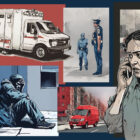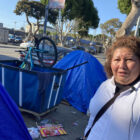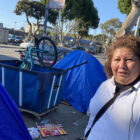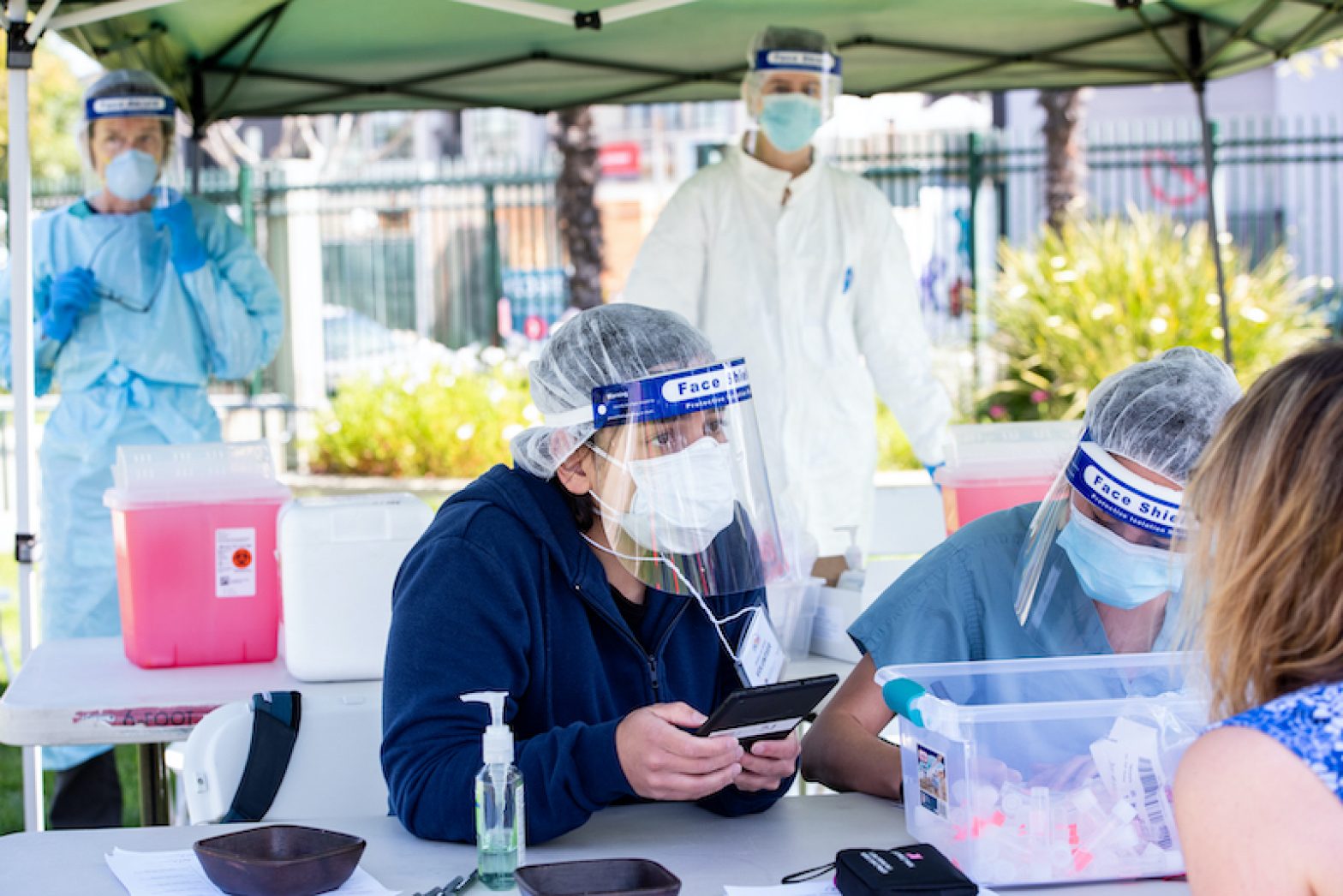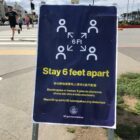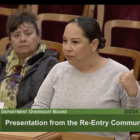San Francisco officials appear to have abandoned efforts to open facilities where people can consume drugs under supervision — even as more cities adopt the model to prevent deadly overdoses.
Recent studies show that overdose prevention centers save lives, keep people from consuming drugs in public and do not lead to increased crime.







